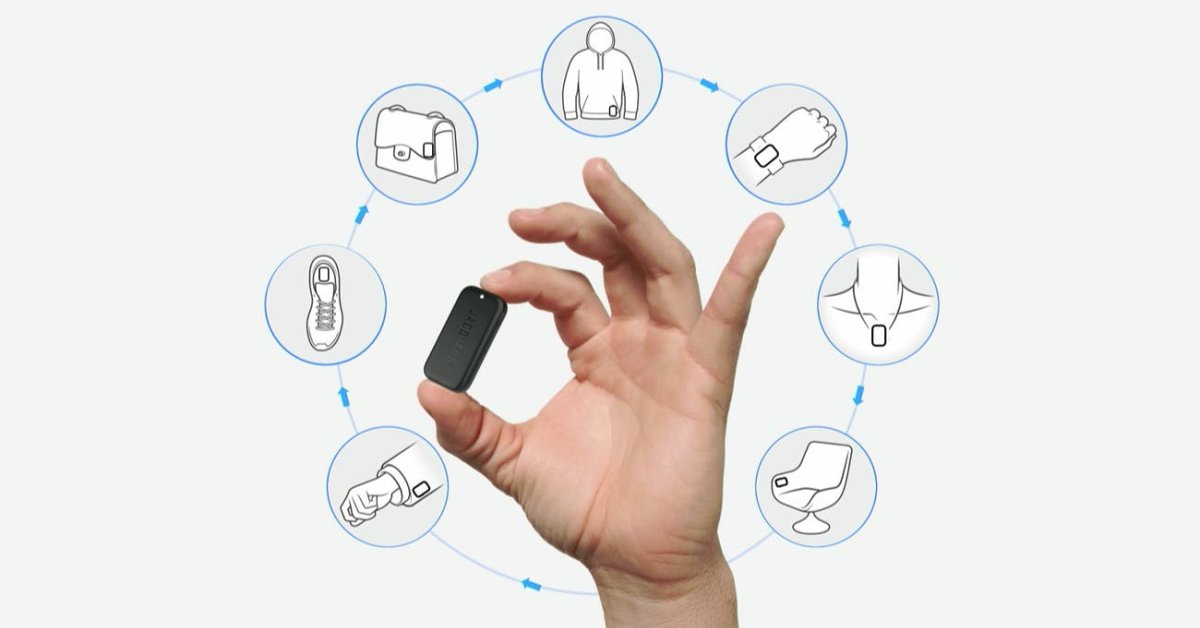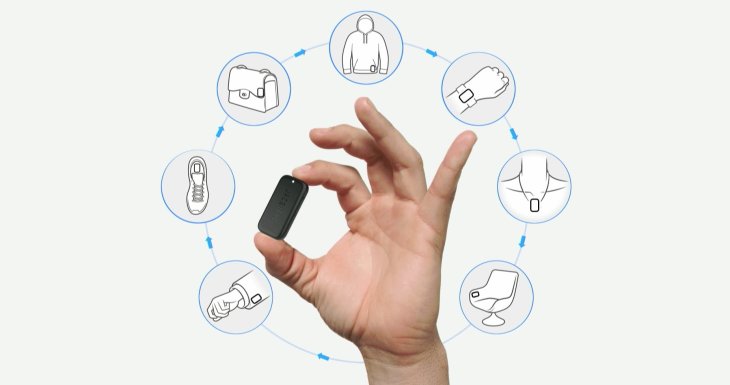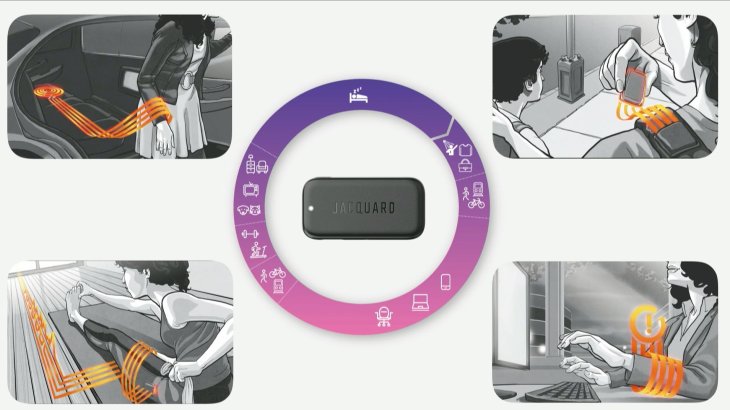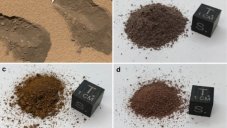This Tiny Computer Turns Anything Into A Smart Device
Dhir Acharya - Apr 23, 2019

The research is going on under Google’s Project Jacquard, the venture established in 2014 as an effort to combine technology and fabric.
- Google Offers Voluntary Buyouts to US Employees Amid AI Push
- Google SynthID: Everything You Need to Know About AI Content Detection
- Receive Buffers And Other Tips To Improve Your Internet Connection
Today, we connect with our loved ones and access information through touch displays and screens. There is a tight relationship between digital tools and our vocation: the way we write code lines or words. Now, director of engineering Ivan Poupyrev at Google’s Advanced Technology and Products division is about to rewrite the modern tech’s binary using a super small computer.

Poupyrev came up with this idea from one fact that computers play a critical role in most of our work and personal lives but is still restricted to a bunch of gadgets limiting their potential. Ultimately, he wants to turn every object we interact with every day into their own computer interfaces.
Last week, he went on Ted Talk stage to talk about his vision in a 20-minute talk. He said that tiny computers can help craftspeople, tailors, and artisans turn their traditional tools into new hardware and computers that they could never think of.

As per Poupyrev’s explanation, there are a few electrodes on the computer’s back, when we plug the device into two different objects, it will know where it’s plugged in and adjust itself to enable certain functions. He wants to offer makers of things with this device to use like a zipper or button.
The research is going on under Google’s Project Jacquard, the venture Poupyrev established in 2014 as an effort to combine technology and fabric. Back in 2017, the business partnered with Levi’s to make the first smart jacket in the world which Poupyrev used during his Ted Talk to control his slide show. He also said that the next step is to help every designer recreate Google’s achievement with Levi’s.
With this tiny computer, Poupyrev hopes that craftspeople can incorporate digital services into their products. He also clarified that instead of applying this on each product, one by one, he wants to cover all daily items with digital functionality.
Featured Stories

Features - Jul 01, 2025
What Are The Fastest Passenger Vehicles Ever Created?

Features - Jun 25, 2025
Japan Hydrogen Breakthrough: Scientists Crack the Clean Energy Code with...

ICT News - Jun 25, 2025
AI Intimidation Tactics: CEOs Turn Flawed Technology Into Employee Fear Machine

Review - Jun 25, 2025
Windows 11 Problems: Is Microsoft's "Best" OS Actually Getting Worse?

Features - Jun 22, 2025
Telegram Founder Pavel Durov Plans to Split $14 Billion Fortune Among 106 Children

ICT News - Jun 22, 2025
Neuralink Telepathy Chip Enables Quadriplegic Rob Greiner to Control Games with...

Features - Jun 21, 2025
This Over $100 Bottle Has Nothing But Fresh Air Inside

Features - Jun 18, 2025
Best Mobile VPN Apps for Gaming 2025: Complete Guide

Features - Jun 18, 2025
A Math Formula Tells Us How Long Everything Will Live

Features - Jun 16, 2025
Comments
Sort by Newest | Popular